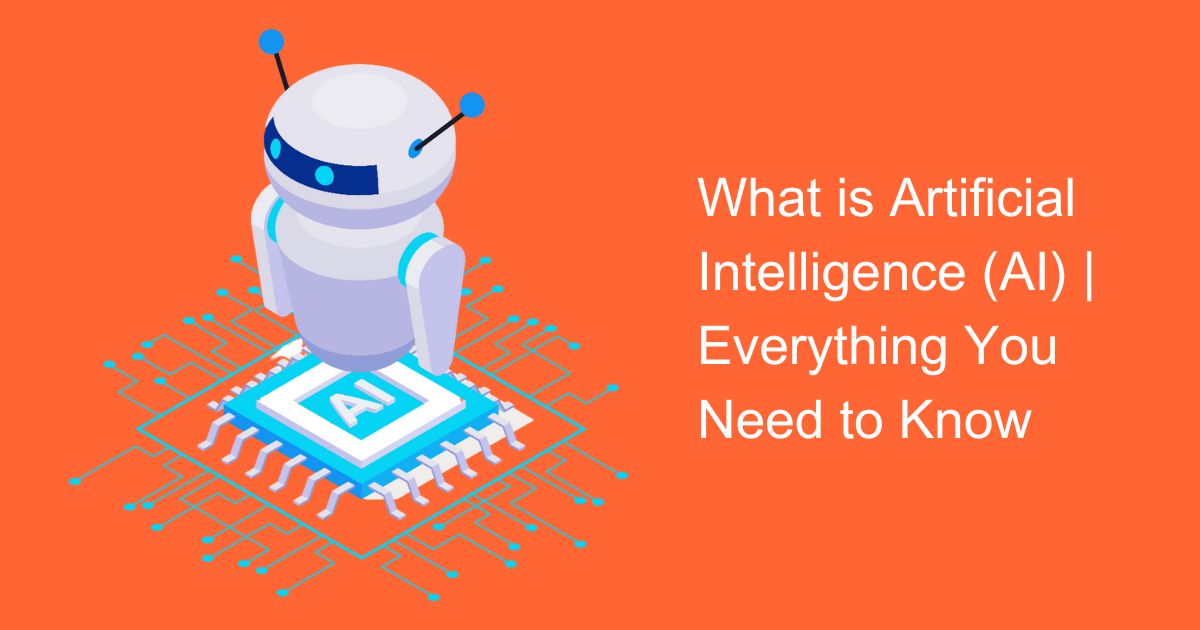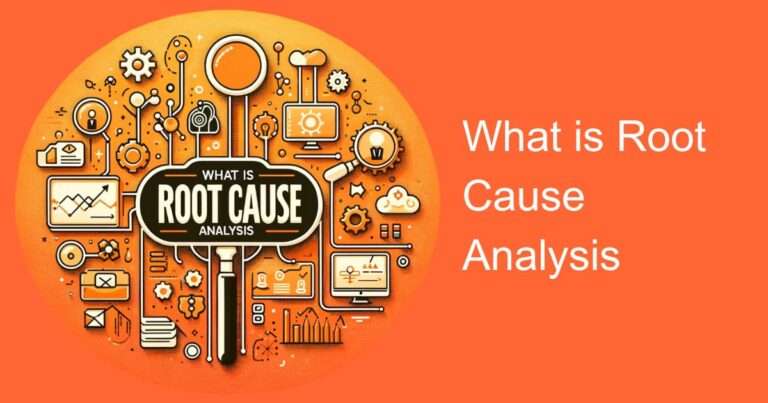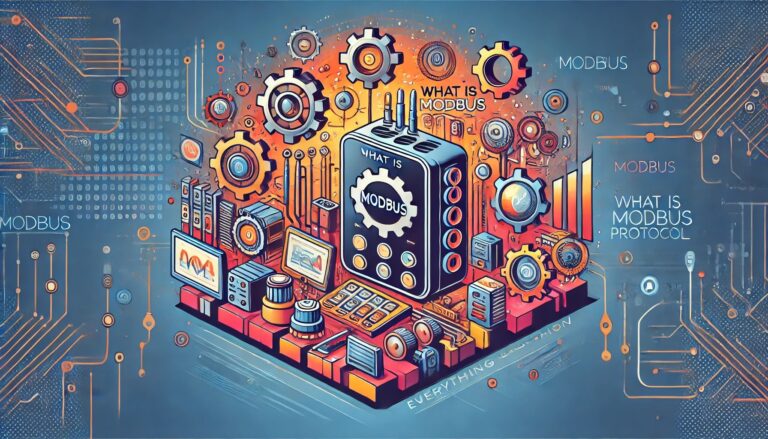Introduction
In today’s rapidly evolving technological landscape, the term “Artificial Intelligence” or AI has become ubiquitous. From futuristic sci-fi concepts to everyday applications, AI has captured the imagination of researchers, entrepreneurs, and policymakers alike. But what exactly is AI, and why does it matter? In this comprehensive guide, we delve into the what is Artificial Intelligence (AI), its applications, and its implications, with a specific focus on the Indian context.
Understanding Artificial Intelligence (AI)
At its core, Artificial Intelligence refers to the simulation of human intelligence in machines, enabling them to perform tasks that typically require human cognitive abilities such as learning, problem-solving, perception, and decision-making. AI systems are designed to analyze vast amounts of data, identify patterns, and make informed predictions or decisions, often surpassing human capabilities in accuracy and efficiency.
Types of Artificial Intelligence (AI)
AI can be broadly classified into two categories: Narrow AI and General AI. Narrow AI, also known as Weak AI, is designed to perform specific tasks within a limited domain. Examples of Narrow AI include virtual assistants like Siri or Alexa, recommendation algorithms used by streaming platforms, and facial recognition systems. On the other hand, General AI, often referred to as Strong AI or Artificial General Intelligence (AGI), would possess human-like intelligence and versatility across various domains. However, General AI remains largely theoretical and is yet to be achieved.
Applications of Artificial Intelligence (AI) in India
India, with its burgeoning tech industry and vast talent pool, is witnessing a rapid adoption of AI across various sectors. One prominent application is in healthcare, where AI-powered diagnostic tools are revolutionizing medical imaging, disease detection, and personalized treatment plans. Companies like SigTuple and Qure.ai are developing AI solutions to address healthcare challenges, particularly in rural areas with limited access to medical facilities.
In the field of agriculture, AI-driven platforms are empowering farmers with valuable insights into crop health, soil quality, and weather patterns, optimizing yields and resource utilization. Startups such as CropIn and AgNext are leveraging AI to enhance agricultural productivity and sustainability, thereby contributing to food security and rural livelihoods.
Furthermore, AI is transforming the education sector in India, facilitating personalized learning experiences, adaptive tutoring, and student performance analytics. EdTech startups like BYJU’S and Unacademy are harnessing AI to make education more accessible, engaging, and effective, catering to the diverse learning needs of millions of students across the country.
Challenges and Opportunities
While the potential benefits of AI are undeniable, its widespread adoption also poses significant challenges, including ethical concerns, job displacement, and data privacy issues. In the Indian context, ensuring equitable access to AI technologies and bridging the digital divide remains a pressing challenge, especially in rural and underserved communities.
However, with the right policies and investments, AI can also unlock new opportunities for economic growth, innovation, and social development. The Indian government’s National AI Strategy aims to position the country as a global leader in AI research, development, and deployment, fostering collaboration between industry, academia, and government institutions.
Ethical Considerations
As AI continues to permeate every aspect of our lives, it raises important ethical questions regarding bias, transparency, and accountability. In India, where diversity and inclusivity are paramount, it is crucial to ensure that AI systems are designed and deployed responsibly, taking into account cultural sensitivities and social dynamics.
Moreover, there is a growing need for AI ethics education and awareness among policymakers, industry leaders, and the general public. Initiatives like the AI for All program, launched by NITI Aayog, aim to democratize AI education and promote ethical AI practices across various sectors, fostering a more inclusive and responsible AI ecosystem in India.
The Future of Artificial Intelligence (AI) in India
As we look ahead, the trajectory of AI in India appears both promising and challenging. While AI has the potential to drive innovation, productivity, and societal progress, its responsible and inclusive deployment is essential to mitigate risks and maximize benefits for all segments of society.
By fostering a collaborative ecosystem of research, innovation, and regulation, India can harness the transformative power of AI to address pressing social, economic, and environmental challenges, ultimately shaping a more equitable and sustainable future for generations to come.
Conclusion
In conclusion, Artificial Intelligence (AI) represents a paradigm shift in how we perceive and interact with technology, offering unprecedented opportunities for advancement and transformation. By understanding its principles, applications, and implications, we can navigate the complexities of the AI-driven world and harness its potential for the greater good. In an increasingly interconnected and digitized world, AI is not just a technology; it is a catalyst for innovation, empowerment, and human progress. Embracing AI with a spirit of collaboration, inclusivity, and responsibility, India can chart a course towards a brighter and more prosperous future for all.








